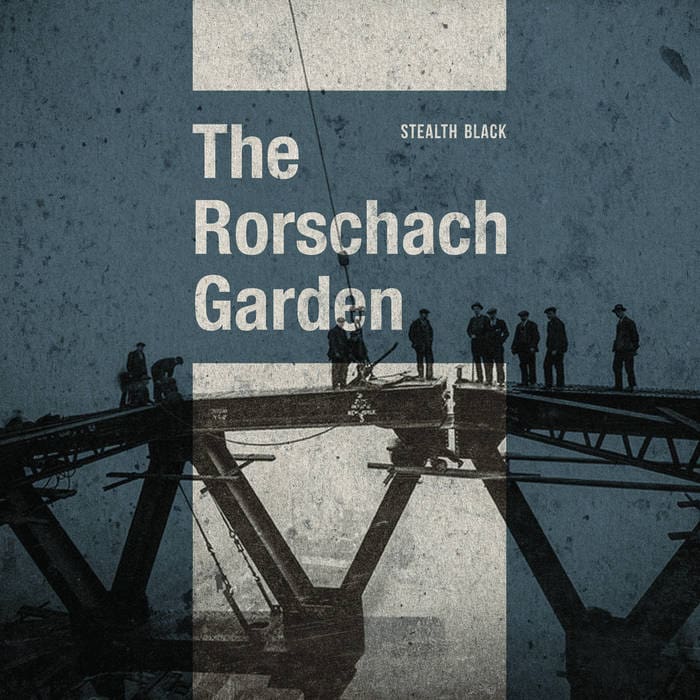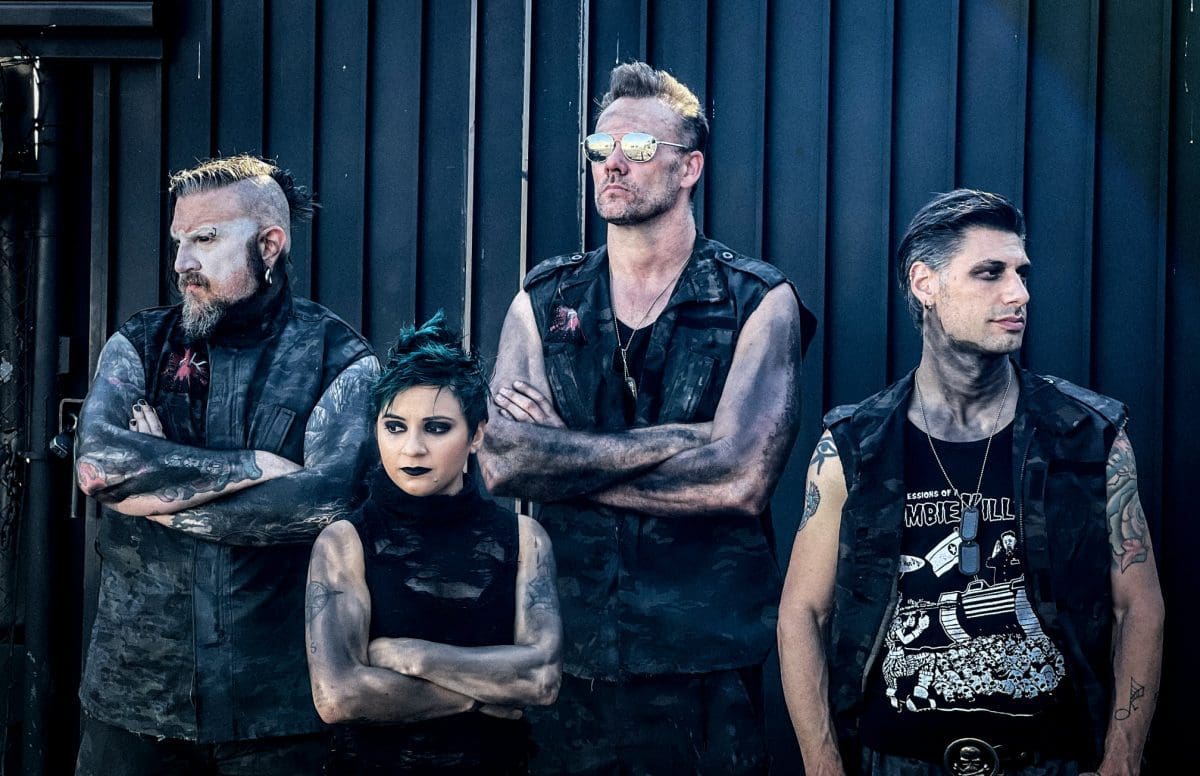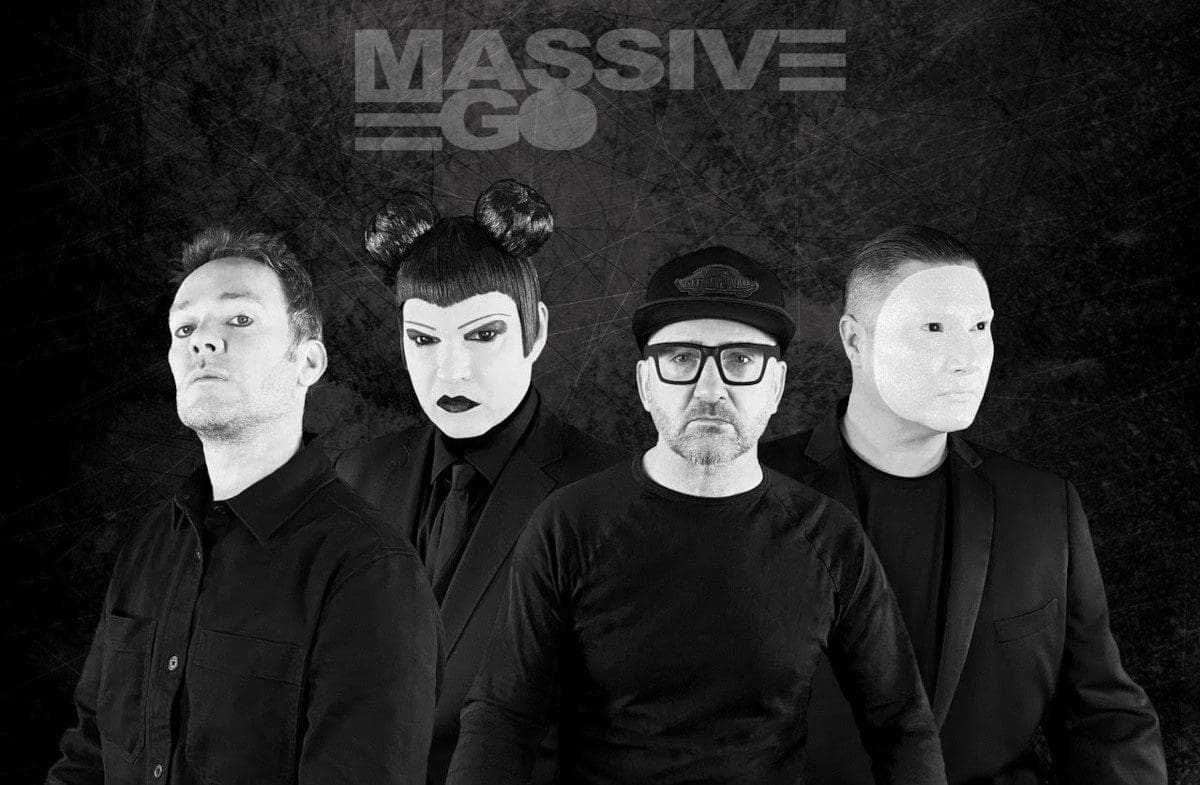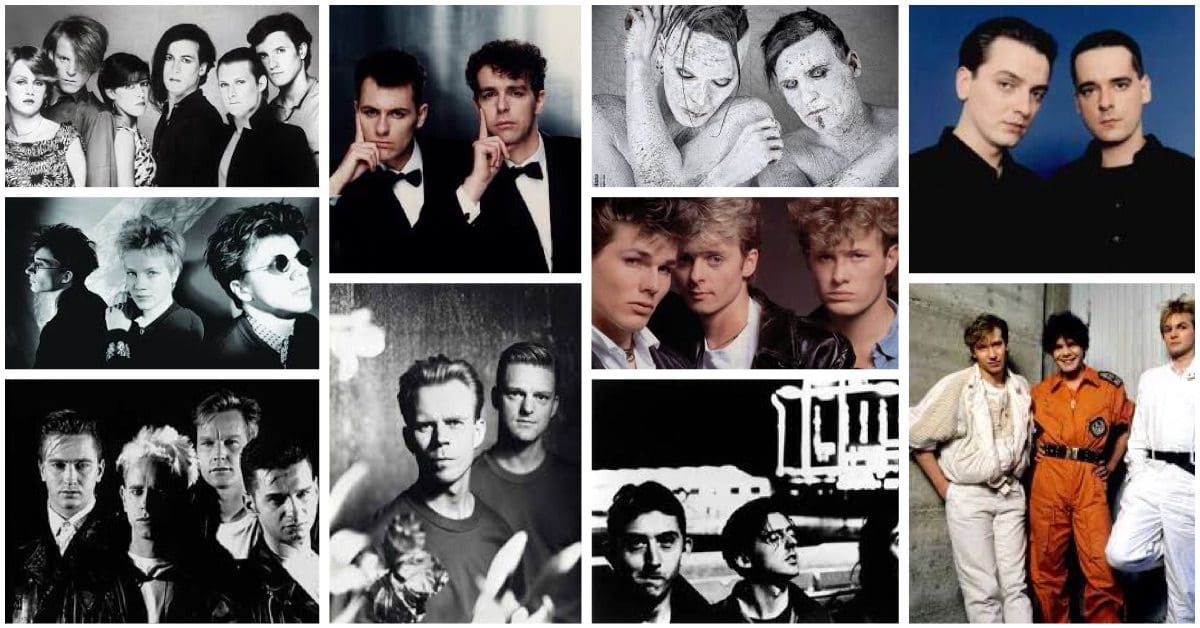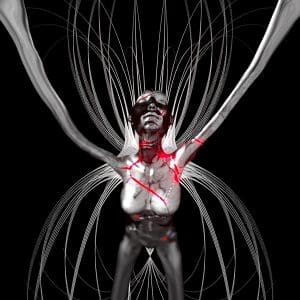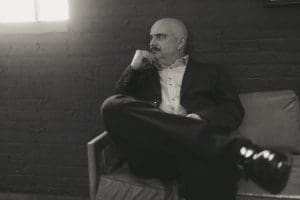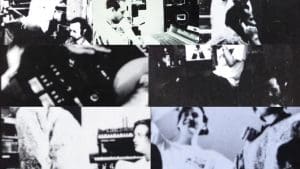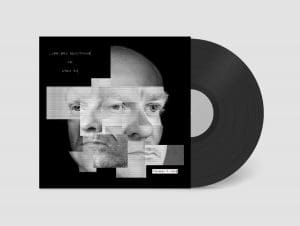‘Click Interview’ with The Rorschach Garden: ‘The Rorschach Garden Always Was And Still Is My Musical Diary’
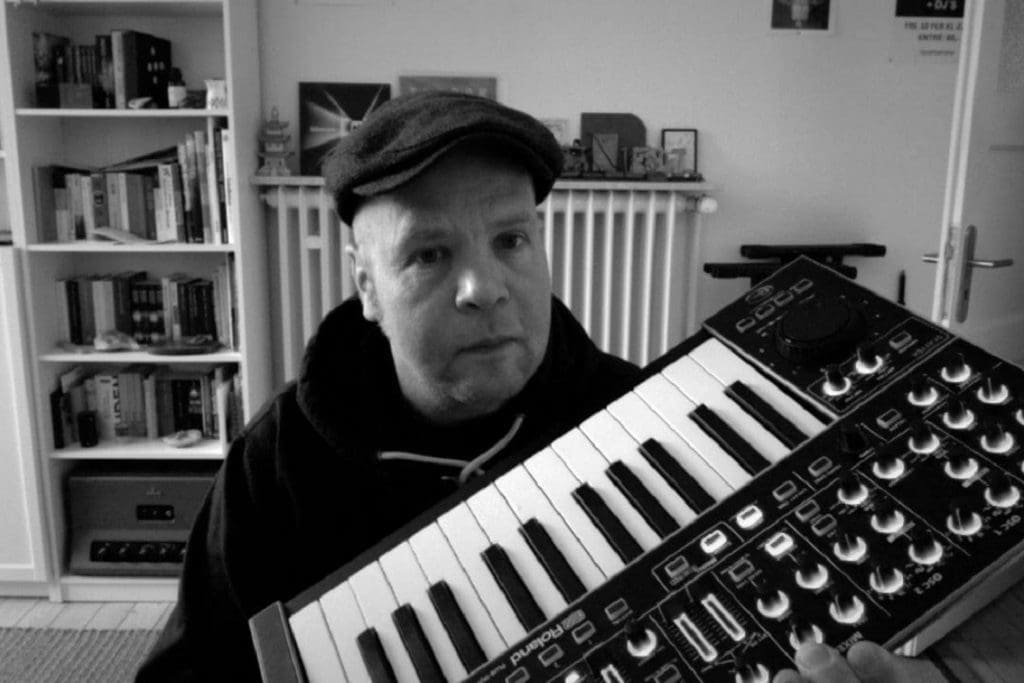

The Rorschach Garden can be seen as an ‘old’ project. Set up in 1988 by Philipp Münch (Synapscape, Ars Moriendi, Mandelbrot, Rasputin ao) and joined throughout the years by different extra members, The Rorschach Garden has been also put on hold and next reactivated. Philipp Münch remains the single member on board. He this year released a new opus “We Are Vanishing” (Ant-Zen), which is a new exploration of retro-Electronics, getting us back to the golden years of Electro/Minimal-Wave music. I’d a chat with this prolific and talented artist.
(Courtesy by Inferno Sound Diaries)
Q: The Rorschach Garden was originally set up in the late 80s. Several members joined in and left, the project was put on hold and reactivated. Can we speak about a turbulent history and how do you see The Rorschach Garden ano 2021?
Philipp: I would not speak about a turbulent history. Most of the time I was inspired and willing to do The Rorschach Garden, but there were times when there was nothing to say or to sing or other music was more important to me. So I announced the end of the project two or three times since I have no masterplan and most things are going to happen.
That was similar with my co- members. We had a good time doing this together, but after a while it was time to move on.
So in 2021 The Rorschach Garden is 33 years old. I do not need anything to prove anymore. If I’m inspired it’s a lot of joy to do this kind of music.
Q: Philipp, you’ve been involved with an endless list of bands/projects, but I always considered The Rorschach Garden as something different. What does it mean to you and what makes the difference between this project and all the others?
Philipp: The Rorschach Garden always was and still is my musical diary. A blend of everything I notice and feel, of course in my own weird view. It is like a never ending journey. The longing to arrive is always there and gives it a bittersweet melancholic blend.
Also as a person I remain unfinished. I still oscillate between different states like young, old, male, female, tired, awake and so on. This is reflected in my music.
Q: Let’s talk about the new album “We Are Vanishing”. What did you try to express by the title and what kind of album did you want to accomplish sound-wise?
Philipp: The title is about my fascination for Autumn. I love falling leaves and the smell of rotting organics. Strong fog when everything is blurring engages my imagination. Yes, you can consider me as a romantic and of course I agree with gothic clichés. Back in the 80s I was a New-Wave guy. I still have this in my heart.
Originally this album was supposed to be released somewhere else, but we never really got into a proper way of communication. So I cancelled this when Stefan Alt (Ant-Zen) who also did the artwork, invited me to do it on his label. A vinyl edition would have been too much, so we made a CD album with 4 additional songs which were not on the original album.
Sure you hear my way of New-Wave/Synth-Pop. Some songs are a bit more modern, others very typical. I want it that way and since I’m not bound to success, why should I change this?
Q: How much of the early The Rorschach Garden do you still recognize in “We Are Vanishing” and how do you analyze the evolution of the project –versus your own evolution as musician/artist, throughout the years?
Philipp: In the early days The Rorschach Garden was not bound to New-Wave and Synth-Pop. I also did this, but also a lot of Experimental stuff. Also when I met friends to record some music, The Rorschach Garden was still my vehicle for things I wanted to do on my own. Since my Experimental strains got a home elsewhere, the song oriented styles remained. And yes, there is still something in it you also can find in my early times. Maybe I’m not that desperate anymore…
Q: I noticed more and more artists are getting back to the 80s, using analogue equipment/sounds to compose their music while even famous artists are again releasing their work on cassette format. What do you think about it all and how do you look back at this unique decade when it comes to music and the evolution of Electronic music?
Philipp: It’s good to see young people doing this in their way. The 80s were an intense decade with all the coldness, fear and paranoia. The end of the cold war, the fall of the iron curtain led to the 90s spirit of limitless freedom and life as an ongoing party. It was nice indeed, but those times are gone.
Also today we are aware of eminent major threads and we need to get along with it. So it is a plausible way to express feelings and emotions.
Analog equipment is very handy and I like it a lot, although I record my music into a DAW because it gives me flexibility and total recall. I would not swap that with a 4-track cassette recorder. It astounds me that people are paying insane prices for those. But it’s totally ok. You can also have all those reissued or cloned analog synths. It never was that easy to dive into this kind of sound. Happy times.
Q: The ongoing pandemic and especially the quarantine has been inspiring and a very prolific period for a lot of artists. What has been the impact on your own work and activities? What did it change for you as musician and human being?
Philipp: It’s still difficult to play some shows and I’m happy to say ‘I had my times’. It is about time to respect the young generation and give the stage to them. I’m not in an urgent need to play on stage. Music will always be important to me like breathing or sleeping.I still feel a bit uncomfortable when I see crowds but I’m also happy to meet friends again. We will see where this all is leading to. Thank you for your questions!
Since you’re here …
… we have a small favour to ask. More people are reading Side-Line Magazine than ever but advertising revenues across the media are falling fast. Unlike many news organisations, we haven’t put up a paywall – we want to keep our journalism as open as we can - and we refuse to add annoying advertising. So you can see why we need to ask for your help.
Side-Line’s independent journalism takes a lot of time, money and hard work to produce. But we do it because we want to push the artists we like and who are equally fighting to survive.
If everyone who reads our reporting, who likes it, helps fund it, our future would be much more secure. For as little as 5 US$, you can support Side-Line Magazine – and it only takes a minute. Thank you.
The donations are safely powered by Paypal.


